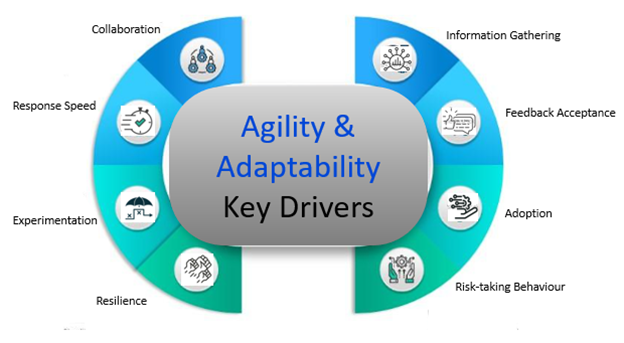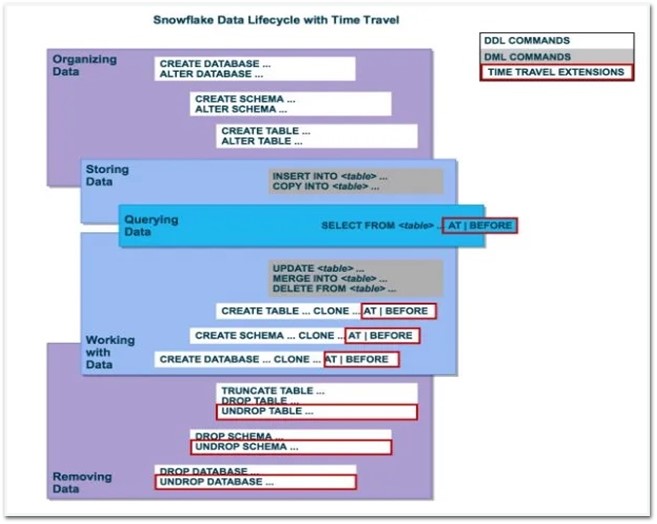
In traditional software development, the developers and testers are often separate entities that seldom work in tandem. The testing team would only be involved when the code is available in the testing environment. This siloed approach is inefficient and can negatively impact product quality and release. A collaborative technology practice that transforms software development and testing called QAOps is on the rise. Unfamiliar with the term? Read on to learn more. This guide defines QAOps, outlines the process, and details the advantages.








